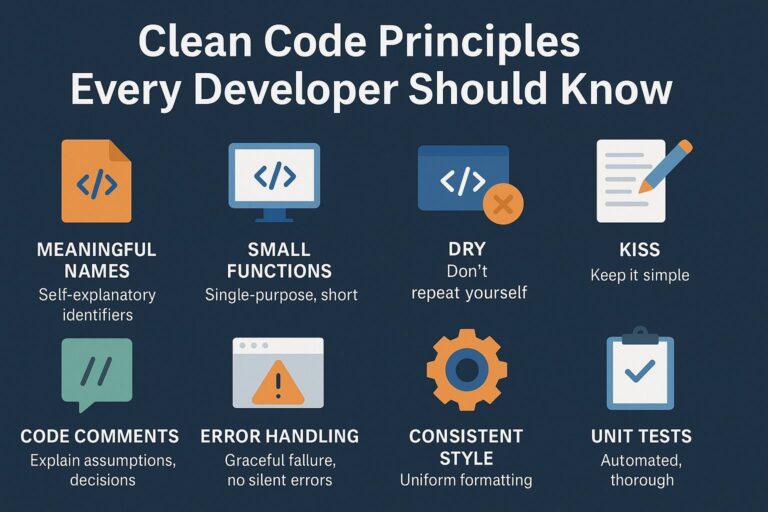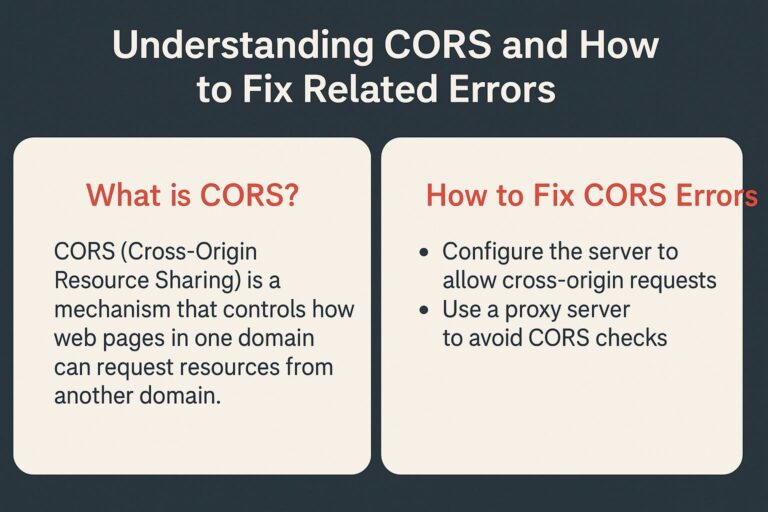
In today’s digitally enhanced academic environment, Artificial Intelligence (AI) has evolved from a futuristic concept to a practical tool for students across all disciplines. Whether you are in high school, college, or pursuing advanced degrees, AI can significantly enhance your learning process by helping you focus better, manage time efficiently, and master subjects more quickly.
This guide provides a comprehensive overview of how students can leverage AI technologies to optimize their study routines, deepen understanding, and reduce academic stress.
1. Personalized Learning with AI Tutors
AI-powered tutoring platforms adapt in real-time to a student’s individual learning needs. These systems assess prior knowledge, learning speed, and problem areas to provide highly personalized instruction.
Key Benefits:
- Adaptive content delivery based on student performance and knowledge gaps
- Step-by-step solutions with explanations tailored to student comprehension level
- Visual learning aids such as graphs, animations, and interactive models
- Real-time quizzes to reinforce learned concepts and track progress
Examples:
- Khan Academy: Offers mastery-based learning supported by AI-driven hints and progress analytics.
- Socratic by Google: Uses AI to scan homework questions and explain them using web resources and instructional material.
- Quizlet Learn Mode: Uses machine learning to tailor flashcards and quizzes to focus on weak areas and repetition schedules.
These tools act as 24/7 digital tutors that can support both foundational concepts and advanced coursework.
2. AI-Powered Note-Taking and Summarization Tools
Comprehending and summarizing dense material is a time-consuming process. AI tools can automatically extract critical information from large volumes of content and convert it into concise summaries.
Applications:
- Condensing textbook chapters and research papers into digestible summaries
- Generating bullet-point outlines and study guides
- Extracting key arguments and thesis statements from essays
- Summarizing lecture transcripts or recorded webinars
Tools:
- ChatGPT or Claude: Generate context-aware summaries based on prompts or text inputs.
- Notion AI: Automates the creation of class summaries, highlights, and note reformatting.
- TLDR This and Scholarcy: Provide one-click summarization of online articles, PDFs, and research abstracts.
AI note tools help students focus on understanding and retention rather than manual data extraction.
3. Intelligent Time Management and Study Planning
Time management is crucial for academic success, and AI-driven tools can optimize how students plan their schedules based on tasks, deadlines, and personal habits.
Features:
- Dynamic scheduling based on energy levels, upcoming tests, and task complexity
- Automated time-blocking and integration with calendar systems
- Alerts for due dates, long-term project pacing, and exam countdowns
- Study session optimization based on Pomodoro or spaced repetition models
Tools:
- Google Calendar + Reclaim AI: Automatically allocates study time around fixed obligations.
- MyStudyLife: A student-specific planner that tracks classes, homework, and exams.
- Todoist with AI plug-ins: Prioritizes tasks using urgency, difficulty, and time constraints.
These platforms reduce procrastination and improve consistency by providing structured plans and productivity insights.
4. Research and Writing Assistance
AI can accelerate the research and writing process by helping students organize thoughts, discover relevant sources, and improve clarity.
Capabilities:
- Generating thesis statements, outlines, and essay structures
- Providing topic suggestions based on user input or course materials
- Conducting academic literature reviews and extracting citations
- Correcting grammar, refining tone, and eliminating redundancy
- Detecting plagiarism and suggesting original rewrites
Tools:
- ChatGPT: Supports brainstorming, outline generation, and paraphrasing.
- Elicit.org: Uses semantic search to surface relevant research papers and summarize findings.
- Grammarly and Quillbot: Enhance grammar, style, and sentence flow while ensuring originality.
- Zotero or EndNote: Help manage references, generate bibliographies, and tag resources using AI.
By using AI during each stage of the writing process, students can improve both the quality and efficiency of their work.
5. Language Learning and Translation
AI enhances language learning by providing real-time feedback, personalized content, and immersive practice opportunities.
Benefits:
- Adaptive vocabulary and grammar exercises based on proficiency level
- Real-time translation with contextual understanding of phrases
- Speech recognition for pronunciation evaluation and fluency development
- Support for learning idiomatic expressions and cultural nuances
Tools:
- Duolingo AI: Offers adaptive lessons and grammar review based on learner performance.
- DeepL Translate: Provides high-accuracy translations with better tone and context than traditional tools.
- Elsa Speak and YouGlish: Improve pronunciation using native speaker examples and AI-powered speech feedback.
AI allows students to move beyond memorization and engage in meaningful language practice at any skill level.
6. Practice Testing and Quiz Generation
Reinforcement through quizzes and practice tests is one of the most effective ways to retain information. AI can automate this process and adjust difficulty dynamically.
Applications:
- Generating personalized quizzes based on notes, textbooks, or past tests
- Using spaced repetition to schedule review sessions
- Auto-grading and instant feedback on quiz responses
- Visual aids like graphs, timelines, or maps based on subjects (e.g., history, geography)
Tools:
- Quizizz and Kahoot: Provide engaging quizzes with AI-generated analytics and question recommendations.
- ChatGPT or Notion AI: Generate quizzes, flashcards, or summaries from uploaded class notes.
- Anki with AI plug-ins: Creates adaptive flashcards using memory curve algorithms.
These tools help students engage in active recall, which is scientifically proven to enhance retention and understanding.
7. Collaboration and Communication Tools
Group projects and collaborative learning benefit from AI features that streamline communication, reduce misunderstandings, and enhance productivity.
Features:
- Real-time transcription and summarization of meetings or class discussions
- AI-generated to-do lists and task delegation
- Document collaboration with grammar suggestions and content alignment
- Language assistance for multilingual group members
Tools:
- Otter.ai: Transcribes lectures or group meetings and highlights action items.
- Slack GPT or Microsoft Copilot: Integrate with productivity tools to summarize threads and generate meeting agendas.
- Tactiq: Captures and summarizes Google Meet or Zoom sessions directly within the call.
These tools enable efficient group communication and ensure that all members stay informed and on track.
8. Mental Health and Study Motivation
Maintaining mental well-being is essential for academic performance. AI-based platforms support students with tools for reflection, balance, and focus.
Support Tools:
- Mood-tracking apps that adjust workload based on user-reported stress or fatigue
- Journaling tools that help students process emotions or track academic struggles
- Study productivity apps with focus timers and break suggestions
- Conversational agents that offer mental health support or motivational check-ins
Examples:
- Replika AI: Offers a conversational interface for self-expression and stress relief.
- Headspace and Calm: Use AI to curate mindfulness routines, breathing exercises, and focus music based on user behavior.
- Reflectly and Finch: AI-driven mood journals that encourage healthy study habits and self-awareness.
AI can help students strike a healthy balance between performance and well-being by encouraging structured breaks and emotional reflection.
Final Thoughts
Artificial Intelligence has become a critical companion for modern students, providing resources and insights that allow for more effective, personalized, and balanced learning. From automating repetitive tasks and organizing information to delivering tailored academic support, AI enables students to study not just harder—but smarter.
However, to gain the most benefit, students should use AI as a complementary tool, not a substitute for active learning. Critical thinking, creativity, and collaboration remain core human skills that AI cannot replace.
By combining the efficiency of AI with genuine engagement and self-discipline, students can unlock their full academic potential and prepare more effectively for success in both school and beyond.

I’m Shreyash Mhashilkar, an IT professional who loves building user-friendly, scalable digital solutions. Outside of coding, I enjoy researching new places, learning about different cultures, and exploring how technology shapes the way we live and travel. I share my experiences and discoveries to help others explore new places, cultures, and ideas with curiosity and enthusiasm.






